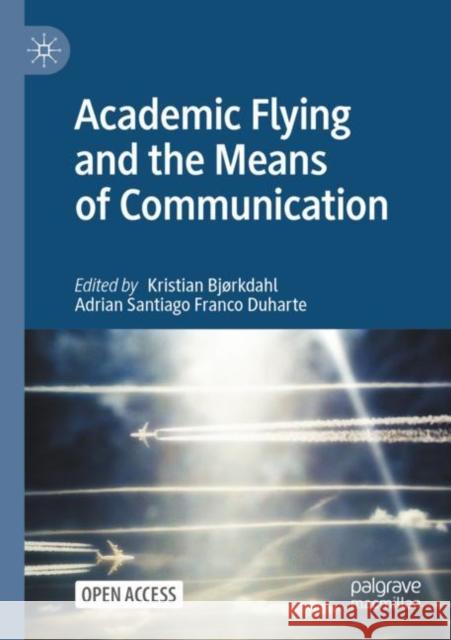Academic Flying and the Means of Communication » książka
topmenu
Academic Flying and the Means of Communication
ISBN-13: 9789811649134 / Angielski / Miękka / 2021 / 388 str.
Academic Flying and the Means of Communication
ISBN-13: 9789811649134 / Angielski / Miękka / 2021 / 388 str.
cena 160,99
(netto: 153,32 VAT: 5%)
Najniższa cena z 30 dni: 154,18
(netto: 153,32 VAT: 5%)
Najniższa cena z 30 dni: 154,18
Termin realizacji zamówienia:
ok. 22 dni roboczych
Dostawa w 2026 r.
ok. 22 dni roboczych
Dostawa w 2026 r.
Darmowa dostawa!
Kategorie BISAC:
Wydawca:
Springer Verlag, Singapore
Język:
Angielski
ISBN-13:
9789811649134
Rok wydania:
2021
Wydanie:
2022
Ilość stron:
388
Waga:
0.46 kg
Wymiary:
21.01 x 14.81 x 2.03
Oprawa:
Miękka
Wolumenów:
01
Dodatkowe informacje:
Wydanie ilustrowane











